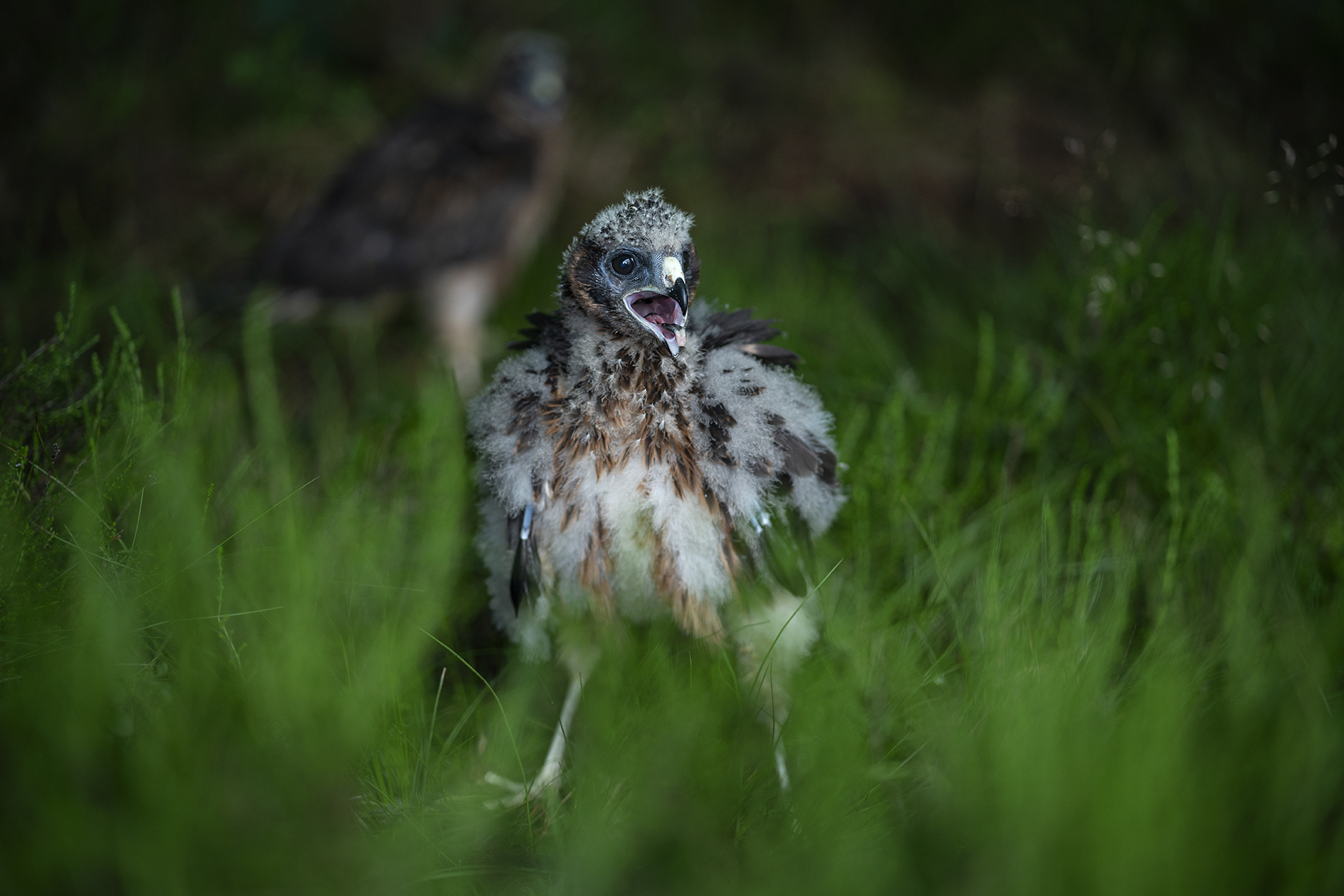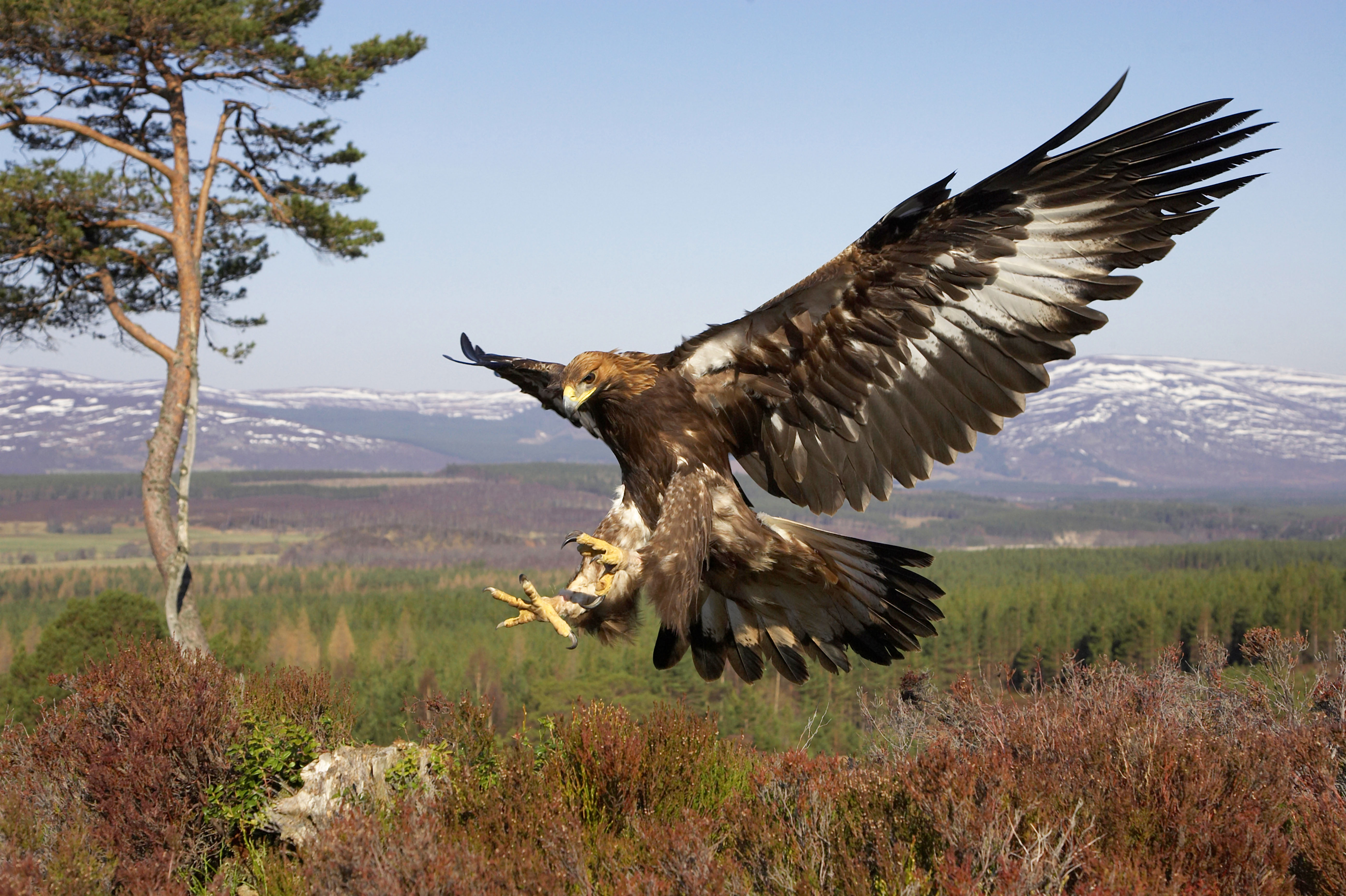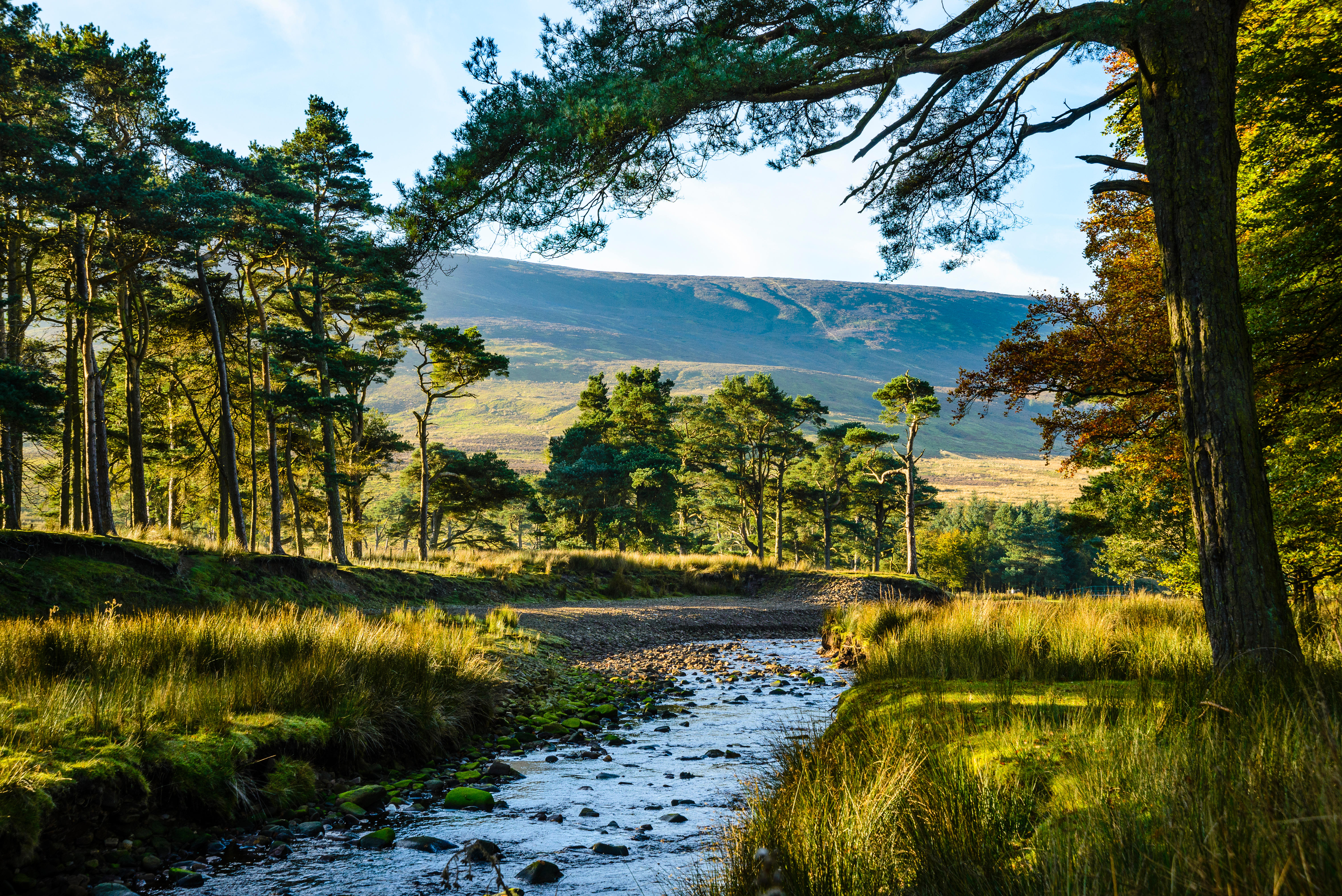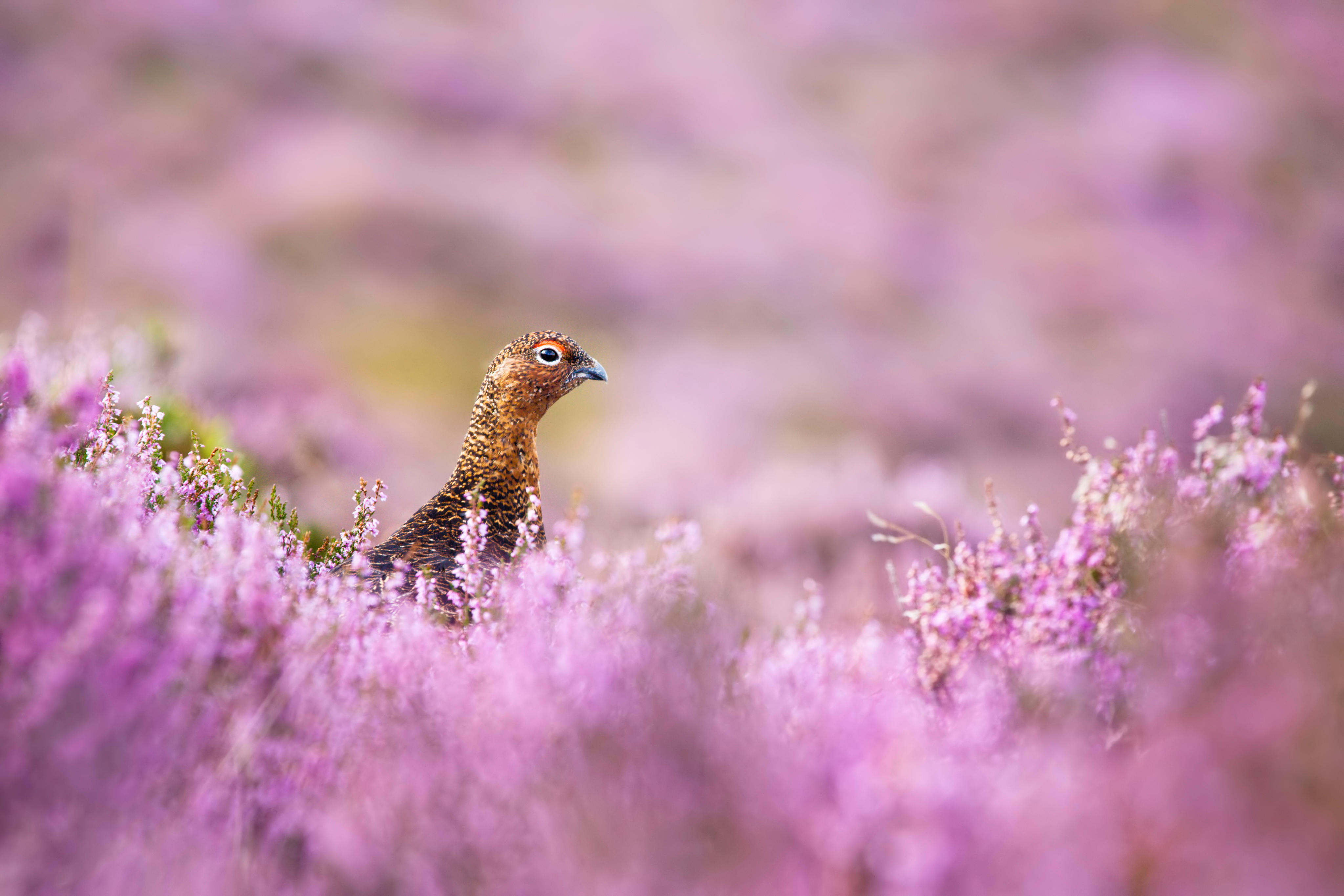Hen harrier making sound steps towards salvation as dozens of chicks set to be released into the wild
James Fisher reports on a project helping save the hen harrier.


Exquisite houses, the beauty of Nature, and how to get the most from your life, straight to your inbox.
You are now subscribed
Your newsletter sign-up was successful
24 hen-harrier chicks have been reared and released as part of a ‘pioneering’ project to help rebuild the population of the endangered bird.
The project, titled the Brood Management Scheme Trial, is run in conjunction with the GWCT, the Moorland Association, the Hawk and Owl Trust and the International Centre for Birds of Prey; it is overseen by Natural England and is part-funded by the Wildlife Habitat Charitable Trust. The trial has been running since 2018 and has seen 82 chicks from 36 broods take to the wing — this year’s brood of 24 chicks is almost double last year’s record high of 13.
‘The hen harrier is an iconic species and it is wonderful to see the progress that has been made towards restoring it to our uplands,’ says John Holmes, strategy director at Natural England.
‘Partnership working is the key to ensuring we protect our rarest species and help Nature recover, with the enormous benefits for wildlife and people this brings.’
The trial involves eggs and chicks from wild nests being reared for a few weeks in captivity, before being transported to pens on grouse moors, where they are tagged and monitored, then released into the wild in the same part of the country from which they came.

The birds selected are those that are nesting in close proximity to other hen-harrier nests and the goal of the scheme is to test if the method reduces conflict with the moorland community.
It is one of a series of actions set out in the Government’s Hen Harrier Joint Action Plan, which also includes work to tackle illegal killing. The first phase of the trial ran from 2018–22 and Natural England has extended the licence until 2024.
Exquisite houses, the beauty of Nature, and how to get the most from your life, straight to your inbox.
‘I am delighted by the remarkable results this season, following on from last year’s record number of chicks fledged,’ says Amanda Anderson, director of the Moorland Association, members of which are participating in the trial.
‘The trial has been far more successful than expected and is making a significant contribution to achieving a self-sustaining population of hen harriers in the uplands of England. I am grateful to all those involved, including gamekeepers and estates, who put in a huge effort to help ensure these birds have the best possible chance of fledging chicks successfully both in temporary captivity and in the wild.’

Britain’s birds of prey: The Country Life guide to all of the UK’s raptors
Raptors’ supersonic vision, effortless aerial acrobatics and ruthless hunting instinct make them the undisputed masters of the skies, but can

A walk through the Forest of Bowland: 'I feel the immensity of the history of this place and am deeply moved by it'
A solitary dawn walk through the Forest of Bowland is a magical experience, says Fiona Reynolds.

The challenges facing grouse shooting, from draining moors and heather beetles to the corridors of Westminster
Labour has announced it will include a demand for a review of grouse shooting in its Animal Welfare manifesto, at

James Fisher is the Digital Commissioning Editor of Country Life. He writes about motoring, travel and things that upset him. He lives in London. He wants to publish good stories, so you should email him.